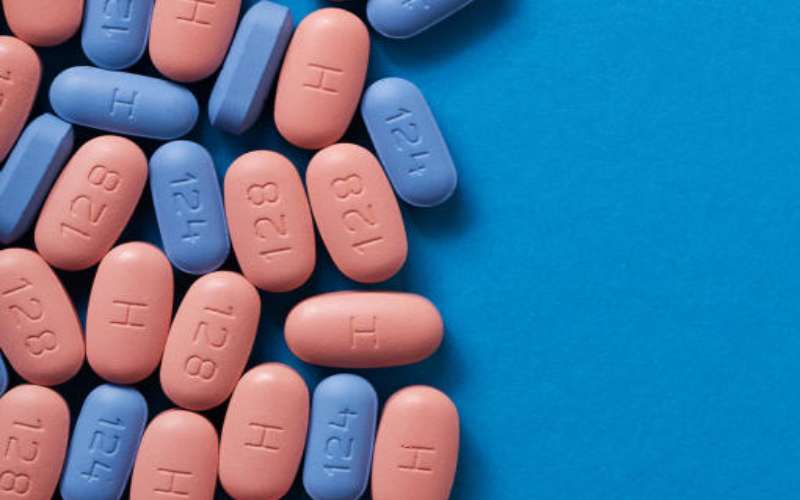
Open bottle of prescription PrEP Pills for Pre-Exposure Prophylaxis to help protect people from HIV. [Getty Images]
Today, we mark World Health Day. The theme for this year is building a fairer, healthier world for everyone. This year is especially challenging as we mark the day amid a pandemic, and at a time when the third wave of Covid-19 has hit Kenya occasioning a partial lockdown. Sadly, the Covid-19 pandemic has disrupted healthcare and abruptly undercut health gains made over many years, putting the lives of millions of Kenyans at great risk.